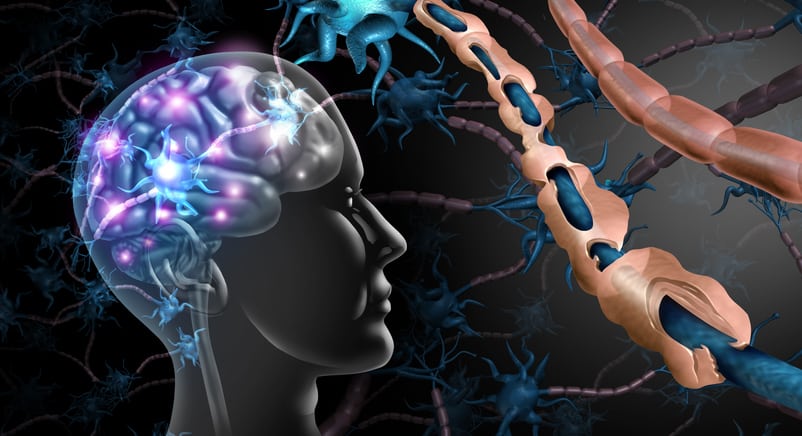Sexual and gender minority (SGM) individuals may face unique challenges in accessing quality medical care due to structural disparities, social discrimination, and lack of culturally competent healthcare. Multiple sclerosis (MS) requires complex care. Little research has been carried out at the intersection between SGM identity and MS care.
To identify unmet clinical and social needs in our clinical population of SGM patients with MS.
Patients with MS who self-identified as SGM were recruited through the UCSF MS Center and a National MS Society web post to complete a 45-minute web-based (Qualtrics) survey. The mixed qualitative and quantitative survey covered experiences with different domains of MS care, drug/alcohol use, relationship status, social support, and participation in MS and SGM communities.
Among the 26 survey respondents, mean age was 50.2 (SD 10.6) years; gender identity was women (46%) men (38%) and genderqueer, transgender, or other (15%); sexual orientation was gay/lesbian/bisexual (35%), pansexual/queer (27%), questioning (23%), or other identity (15%). Over two thirds (69%) of respondents were partnered. Overall satisfaction with MS care was high: 79.2% participants scored ≥4/5 (somewhat or extremely satisfied); participants dissatisfied with their care cited feeling dismissed. While 87.5% felt that their SGM identities did not affect their MS care, still 30% did report feeling uncomfortable discussing their SGM identities with their clinician. Participants rated low impact of having MS on participation in SGM communities (mean 2.4/5 on Likert scale); those participants reporting higher impact cited fatigue, immobility and stigmatization of disease as primary factors. Similarly, SGM status had low effect on participation in the MS community (mean 1.4/5); higher impact was related to apprehension around identity disclosure to new groups. Identified resources that might improve MS care included more representation, inclusivity and openness from clinicians, and SGM-focused MS support groups.
In this exploratory survey of the needs of SGM people living with MS in Northern California, most participants reported that they were unlikely to participate in activities in the SGM community due to MS status or symptoms, however most felt that their SGM status did not affect their MS care. Given the center’s location in a hub for SGM community and activism, surveying individuals in other settings would provide greater insights into the role of community, clinical support and the experience of SGM people living with MS.
Copyright © 2021. Published by Elsevier B.V.
Experiences of sexual and gender minority people living with multiple sclerosis in Northern California: An exploratory study.


